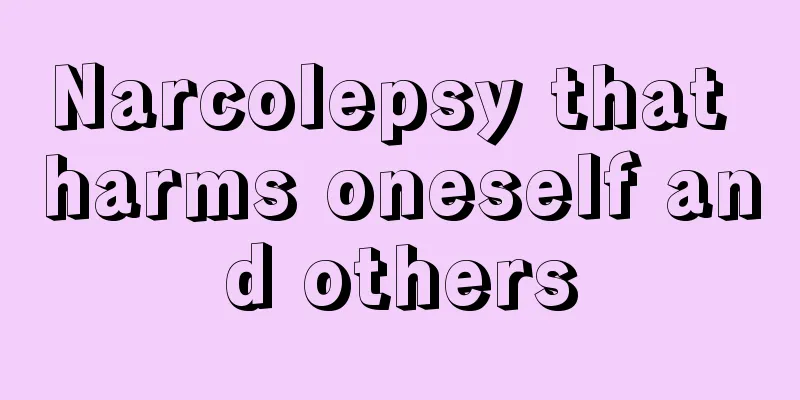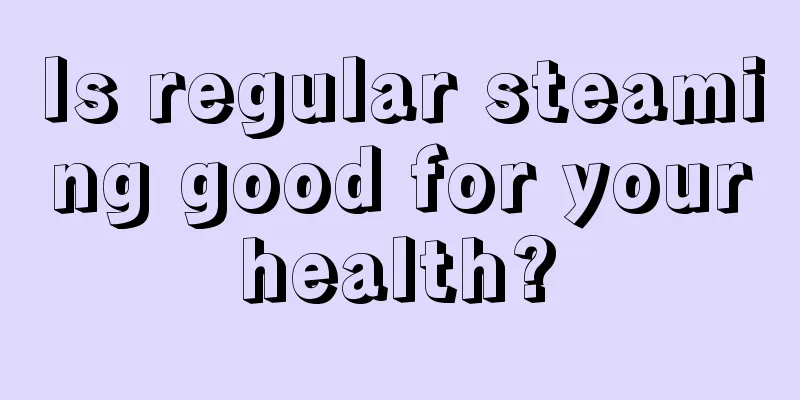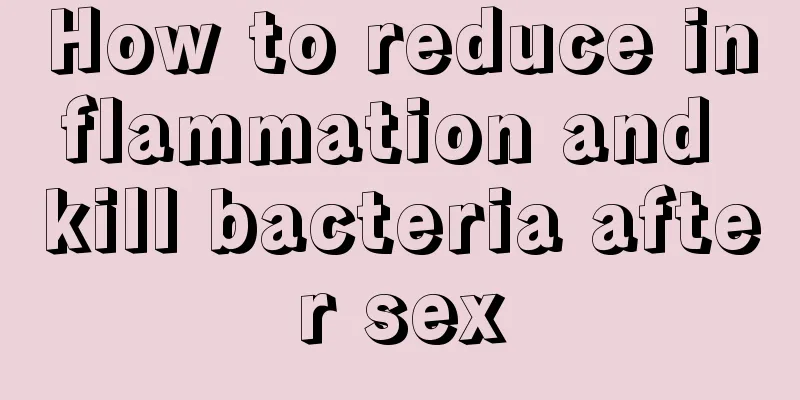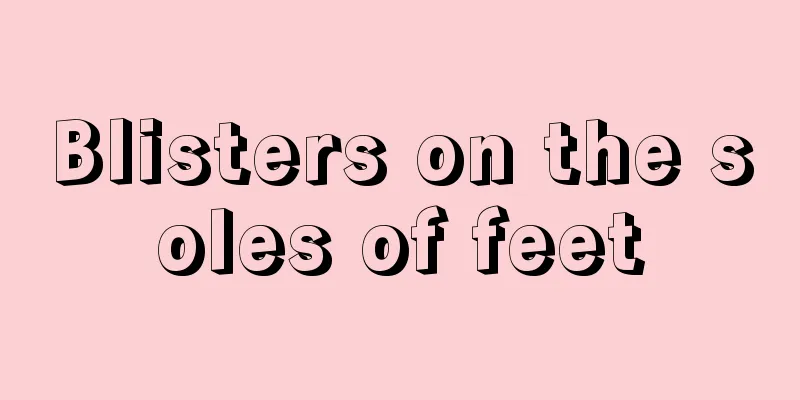Narcolepsy that harms oneself and others

|
Narcolepsy is a mental illness that is prone to occur in children and adolescents. It is a kind of resistant short-term sleep disorder. The onset of narcolepsy usually includes symptoms such as sleep paralysis and sleep spinning. It can be said that narcolepsy has a great impact on daily life. For growing and developing adolescents, if it is not treated in time, the impact may be lifelong. To put it simply, narcolepsy is a functional disease caused by insufficient activation system function. Usually, people with narcolepsy will suffer from the problem of affected self-confidence. Narcolepsy is a disorder characterized by irresistible short-term sleep attacks. The disease usually starts in childhood or adolescence, and the incidence rate is similar between men and women. Some patients may have a history of encephalitis or craniocerebral trauma. The pathogenesis is still unclear, but it may be related to decreased function of the ascending activation system of the brainstem reticular formation or hyperfunction of the caudal pons reticular nucleus. Recent studies have found that patients with narcolepsy experience localized necrosis of hypothalamic neurons. Most patients have other symptoms such as cataplexy, sleep paralysis, and sleep hallucinations, collectively known as the narcolepsy tetrad. Some patients may have a history of encephalitis or craniocerebral trauma. There are four common manifestations of narcolepsy. 1Sleep attacks. The patient is often in a state of low wakefulness, which is particularly obvious in the afternoon, and is more likely to occur after meals or in a warm environment. Each attack lasts from a few seconds to a few hours, usually a dozen minutes, and can be awakened. It can occur multiple times a day. Treatment is better. 2Cataplexy. About 70% of patients may have concomitant attacks, which are particularly prone to occur when they are emotionally excited, such as laughter, anxiety, fear, etc. There is often a sudden and brief decrease in systemic muscle tone and movement inhibition, causing the patient to fall or kneel down. In mild cases, there may only be limb weakness. 3. Sleep paralysis. About 20%-30% of patients experience sleep paralysis, which often occurs after waking up or while falling asleep. The patient is conscious but feels general weakness and cannot move. Recovery usually takes a few seconds to a few minutes. 4Sleep hallucinations. About 30% of patients experience sleep hallucinations, which often occur when falling asleep. There may be various visual and auditory hallucinations, most of which are vivid and mostly related to unpleasant daily experiences, and may also occur with sleep paralysis. I often have many dreams and wake up easily during sleep at night. Narcolepsy needs to be differentiated from absence seizures of epilepsy, but the former has no epileptic discharges on the EEG and no loss of consciousness during the seizure. Polysomnography can reveal: Although narcolepsy is not a common disease, it is beneficial for people in life to understand narcolepsy in order to prevent and detect narcolepsy. Here I would like to remind you that if you also have symptoms of narcolepsy, you must learn to relieve your stress so as to maintain our health. |
>>: Rechargeable hand warmer, the health benefits of rechargeable hand warmer
Recommend
Why does the skin wrinkle after tattooing
Tattoos are very popular among young people becau...
Do people with fast digestion tend to gain weight easily?
The fatness or thinness of the human body is rela...
Can albumin be transfused in advanced liver cancer? Yes
Can albumin be transfused in the late stage of li...
Is X-ray reliable for lung cancer screening? Lung cancer screening still requires this kind of examination
X-ray examination is the most common method and i...
Are targeted drugs effective for brain cancer?
People are very sad to hear that someone has a br...
Why are my feet swollen after sitting for a whole day?
Nowadays, more and more young people often sit in...
How to wash ink off clothes
Calligraphy is one of China's national treasu...
If the tongue tie is cut, you will become mute
A person's tongue tie can control the flexibl...
What causes lower back pain and nosebleed?
Low back pain may also cause nosebleeds. We canno...
What is the reason for yellow urine and back pain
Under normal circumstances, urine is light yellow...
What should I do if I have alternating nasal congestion?
When the weather is hot, people tend to notice th...
What should you eat to prevent lung cancer? You must know these three foods to prevent lung cancer
As we all know, the lungs are an important respir...
The diagnostic criteria for early colorectal cancer are
The incidence of colorectal cancer has been risin...
How long does it take to have a follow-up examination after endometrial cancer surgery? Generally, you need to have a follow-up examination 4 times a year
Patients with endometrial cancer need to be re-ex...
How should we detoxify the lungs?
Winter is the peak season for smog. On smoggy day...









